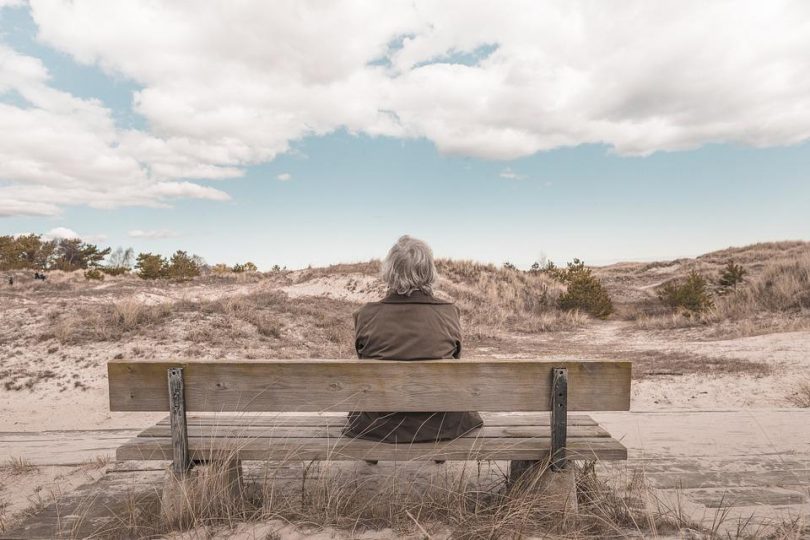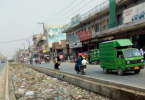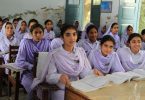By Rhiannon Down and Riordan Davis.
Reporting in collaboration with Suneela Aslam and Raneem Javaid.
The number of elderly Pakistanis being cared for in the family home has been declining and elderly family members entering aged care has risen, turning the tide on centuries of tradition.
Associate Professor at The University of Melbourne in the School of Health Sciences Ralph Hampson said due to shifting gender roles across Asia not all adult children can care for their elderly parents.
“As family size becomes smaller, you have less people to look after the older population, especially when both men and women have to work,” Professor Hampson said.
“As countries like Pakistan, India, and China increase their middle class, there will be more demand for services.”
This demographic, known as the “sandwich generation”, are expected to look after ageing parents, while juggling work and family obligations.
For many Pakistanis, the appeal of better economic opportunities abroad has resulted in the country’s elderly being left in institutions away from their families.
The problem is global with 12 per cent of people in the world aged 60 or over, by 2050 this will increase to over 21 per cent or one in five people globally, a 2015 Help Age International report found.
Women on average live longer than men and the way society treats the elderly disproportionately impacts women, Prof Hampson said.
Women are also at greater risk of facing economic strain as 47 per cent of women aged 55-65 are economically active compared with 73 percent of men, which can greatly increase the risk of poverty in later years, the Help Age report found.
Professor Hampson said it was important to recognise contributions of the elderly the economy of care, particularly in the form of “intergenerational transfers of wealth” through financial support and unpaid childcare.
Society needs to rethink its attitude towards ageing, instead of focusing on negativity and decline, we need to be “prepared”, Prof Hampson said.
“Like we plan to become members of the workforce, like we plan to become parents, [we need to ask ourselves] how do we plan, in a positive way, for growing older,” Prof Hampson said.
“Some of the aspects of ageing are unavoidable, the only other option is to die.”
Resident of Paradise Old Age Home Naseema Begum said cultural shifts have left many of the growing elderly Pakistani population in unfamiliar territory.
“When I came here for the first time and I read the lines written on the gate ‘Ground for the ungrounded’ my heart cried – I have reached that stage of life where I’m alone but I know that my son loves me,” Ms Begum said.
Another resident, Dr Anwar Kazi, said some traditional family arrangements are being broken down by economic considerations.
“I allow them [my children] to live there as there are more opportunities for them – they often ask me to join them but I don’t want to leave Pakistan,” Dr Kazi said.
Lahore resident Mohammad Faisal said Islam had a very clear views on the care of the elderly.
“Our religion says parents have 70 times more rights on children than children have on parents,” Mr Faisal said.
“Those who abandon parents will go to hell and God will punish them.”
(credit: Free photo pixabay)







